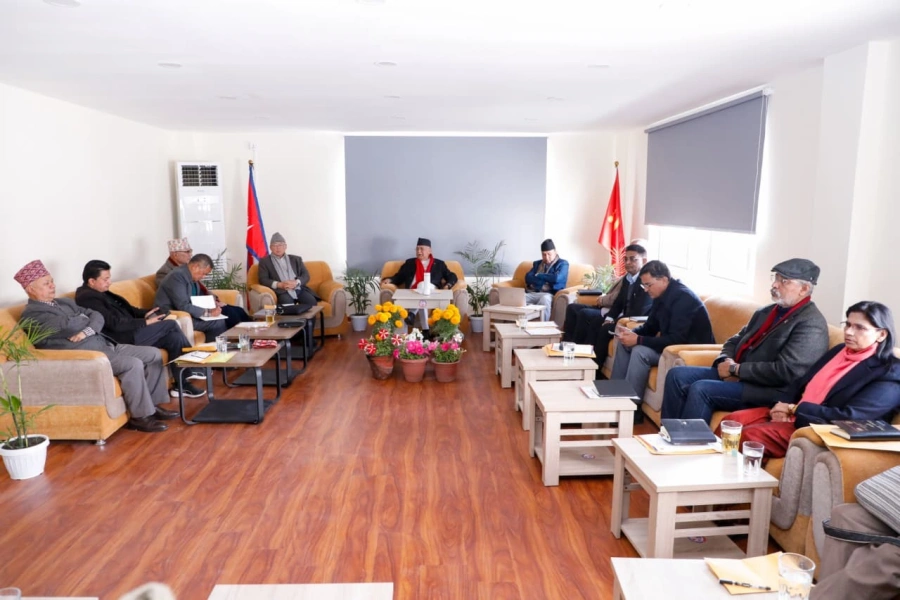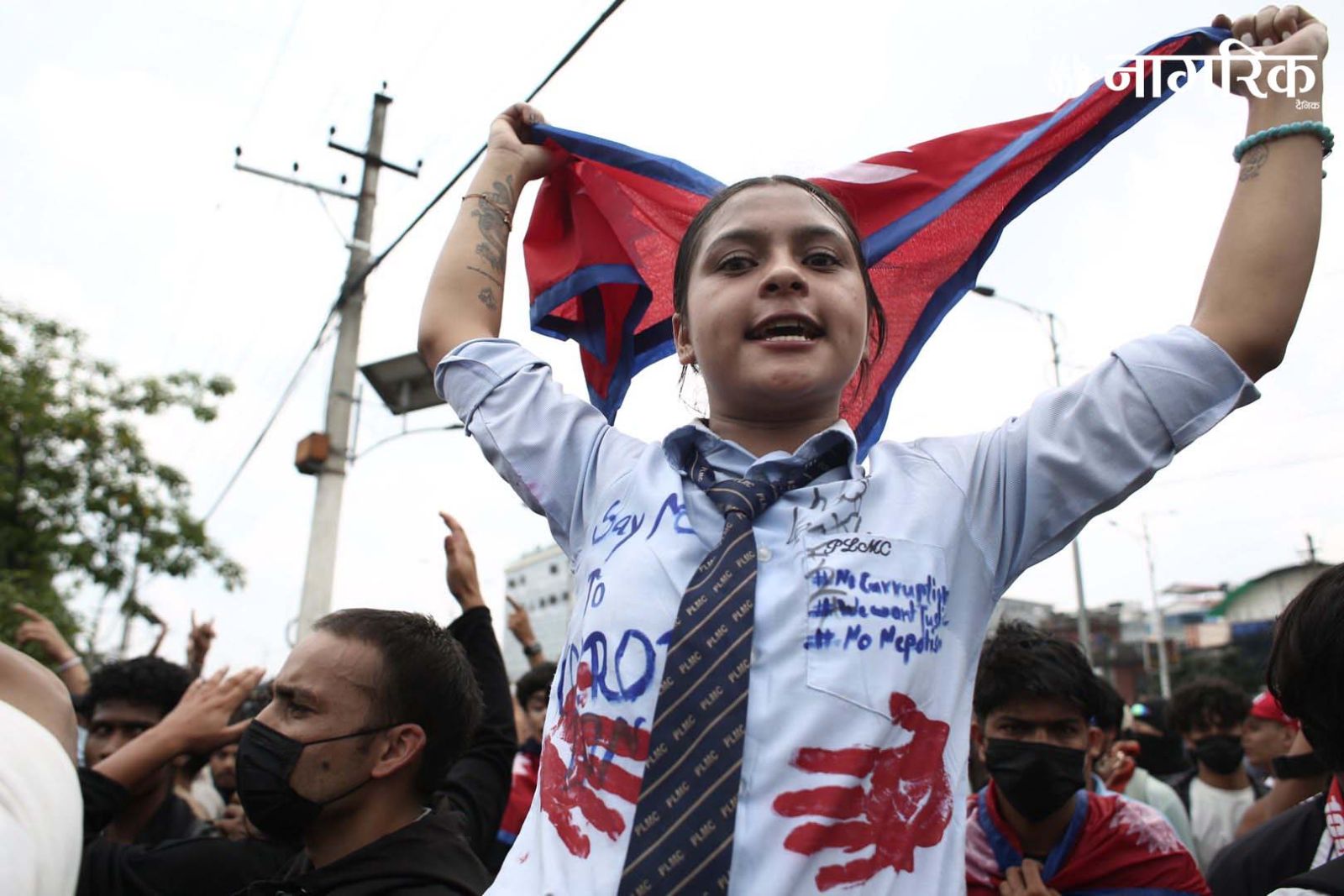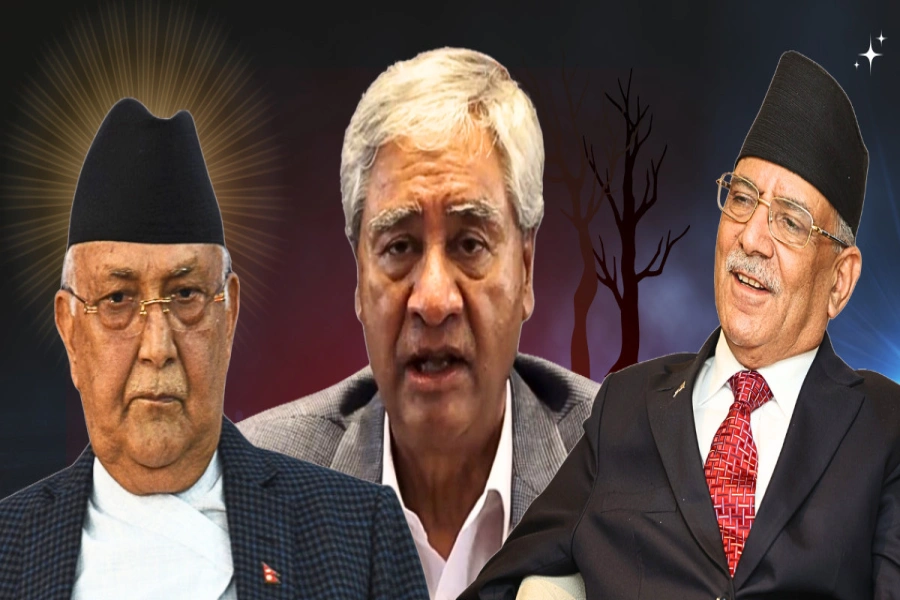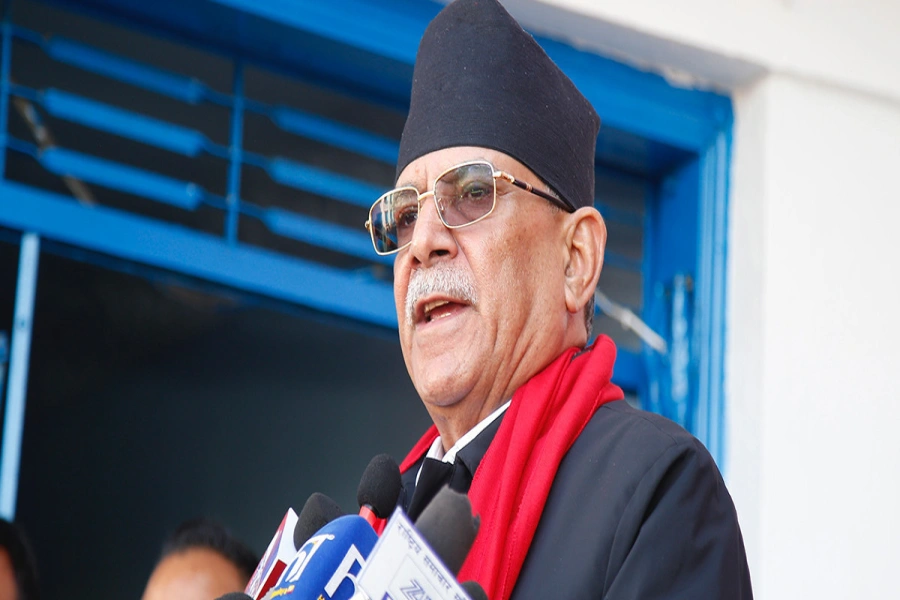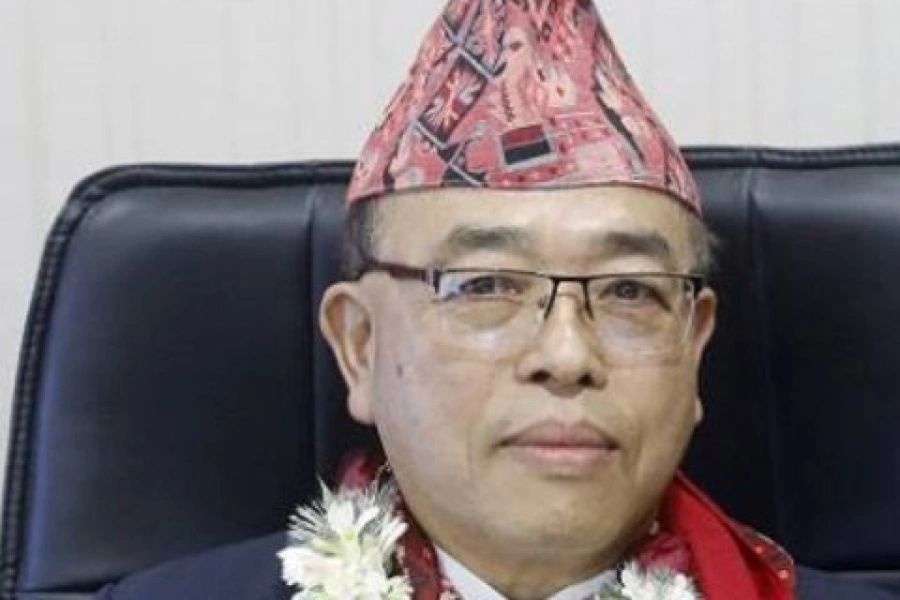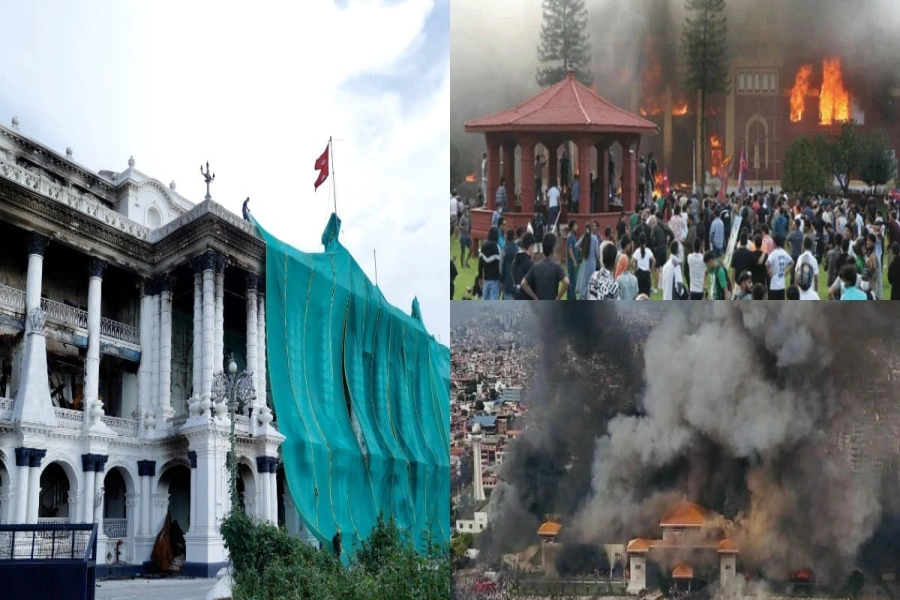Digital Freedom Coalition has expressed concerns over the "government intent to impose ban on social media platforms without following Nepal’s constitutional and international obligations'. The Coalition's reaction follows Minister for Communication and Information Technology Prithvi Subba Gurung's seven-day ultimatum last week to Meta to register in Nepal.
"Such actions lack transparency and public consultation, raising alarms about arbitrary decision-making that could severely impact digital freedoms," stated a press statement issued by a diverse group of 11 civil society organizations committed to safeguarding digital rights and freedoms in Nepal. "Regulatory measures that affect citizens’ rights must undergo thorough legislative scrutiny, ensuring alignment with constitutional principles and democratic norms."
Digital Rights Summit 2025 bats for freedom of expression, data...

The signatories include Taranath Dahal, Freedom Forum Nepal; Laxman Datt Pant, Media Action Nepal; Prabesh Subedi, Digital Media Foundation; Rajan Parajuli, Antenna Foundation Nepal; Roshan Pokharel, Internet Governance Institute; Suraj Adhikari, Forum for Digital Equality; Ananda Gautam, Youth IGF Nepal; Ashirwad Tripathy, Internet Society Nepal Chapter; Binod Basnet, Educating Nepal; Susmeera Aryal, Women's Group for Disability Rights; and Sanjeeb Ghimire, Media Lawyers Association
"We recall that social media platforms have become indispensable tools for fostering free speech, enabling the right to association, and exercising democratic rights. They also play a pivotal role in driving Nepal’s digital economy, empowering individuals, and amplifying the voices of marginalized communities. Any attempt to curtail these platforms jeopardizes these critical contributions," according to the statement.
Restrictive measures on social media will have far-reaching consequences, shrinking the space for the right to information and freedom of expression, which are essential to a functioning democracy, according to the statement. These controls also threaten the sustainability of media outlets, making it harder for journalists to report freely and amplifying the risk of censorship. The blocking of social media platforms would have far-reaching adverse effects on the digital economy, employment, and the overall quality and cost of internet services. A significant number of businesses — almost all, whether small, medium, or large enterprises — depend on social media for marketing, customer engagement, sales, online support, and more. These businesses would suffer major operational disruptions, resulting in widespread job losses across sectors such as digital marketing, content creation, online commerce, and customer service, the press release said.
"The government's threat to ban platforms under "Directives for Managing the Use of Social Networks, 2023" is insufficient to restrict citizen's rights to access to information and free speech. The Directives brought in the absence of parliamentary law has raised the concerns from the stakeholders from the beginning. The enactment of these directives, without meaningful consultation with stakeholders, violates the principles of transparency and accountability. Any law affecting citizens’ rights must align with constitutional mandates and legislative processes. Arbitrary administrative actions should not infringe upon the constitutional rights of Nepali citizens."
The Coalition has urged the government to uphold transparency and respect for national and international laws, commitments and practices on the protection of freedom of expression and digital rights; and to avoid actions that threaten democratic values, civic engagement and exercise of fundamental rights.





